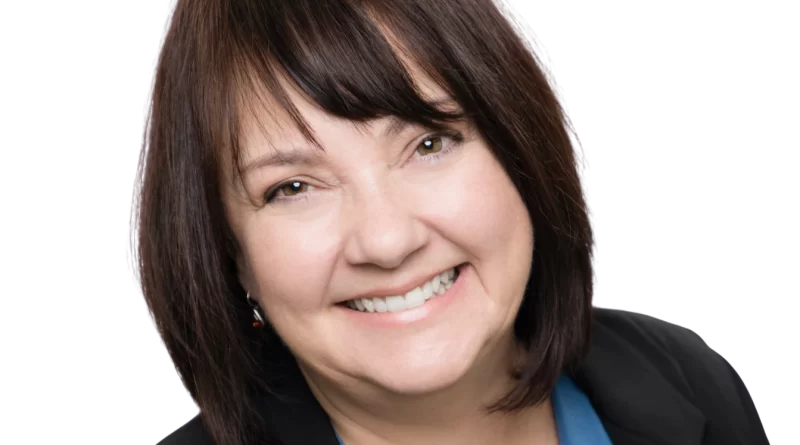My Just City Mayoral Fellowship
Affordable housing is defined as spending no more than 30% of monthly gross income on housing costs.
In mid-April, I finished my Mayoral Fellowship through the Mayors’ Institute for City Design (MICD) and the Just Cities Lab at the Harvard Graduate School of Design. This fellowship focused on issues of justice, equity, community development and housing.
Eight mayors were selected to participate from a diversity of cities facing a variety of issues relating to housing. The program convened a distinguished group of professionals in design, transportation, planning, community development finance and policy who presented research and examples designed to assist us in deepening our understanding of the complexities of housing issues and spark lively conversations about myriad housing topics.
We began in February with two-and-a-half days in person on Harvard’s campus. This was followed by online workshops and discussions and homework assignments and finished with two days in person at Harvard, where each mayor presented our final projects and received excellent feedback and ideas from the assembled experts. In between our presentations, these skilled practitioners presented projects and problems they’ve worked on and encouraged lively discussions.
I applied to the program because of the topic and my desire to address the significant housing problem in Flagstaff. Affordable housing is defined as spending no more than 30% of monthly gross income on housing costs. Spending more than that is considered being “housing cost burdened.” According to the city’s 10-Year Housing Plan, “27% of homeowners and 57% of renters are housing cost burdened, meaning that 22,073 Flagstaff community members are living with a housing cost burden.”
Clearly, for people who live and work here – and who invest their lives in our community – the cost of housing is one of our biggest problems. Not addressing it isn’t an option. It impacts the health of our community in so many ways, including job creation, school enrollment, diversity, non-profit support, our carbon neutrality goals and the overall vibrancy of this place we all love.
My project centered around strategies for preserving housing and building resiliency in some of Flagstaff’s older neighborhoods. I explored neighborhood strengths, weaknesses, opportunities and threats (SWOT), demographics, crime statistics, housing values, and percentages of homeowners and renters.
The MICD paid all expenses for each mayor. The access to these researchers and practitioners is invaluable to me and to my work as your mayor. I’m still compiling my notes and ideas generated throughout the semester and am looking forward to brainstorming with city staff and local partners.
I’ve added some of the readings from the fellowship to my website and will add the remaining articles and presentations soon. You can take a look at beckydaggett.com/updates. I’ll write more about ideas and efforts as they continue to take shape.
We can make a difference in the lives of our neighbors and to live in a healthy, resilient and vibrant community, we must. FBN
By Becky Daggett
Becky Daggett is the mayor of Flagstaff.


